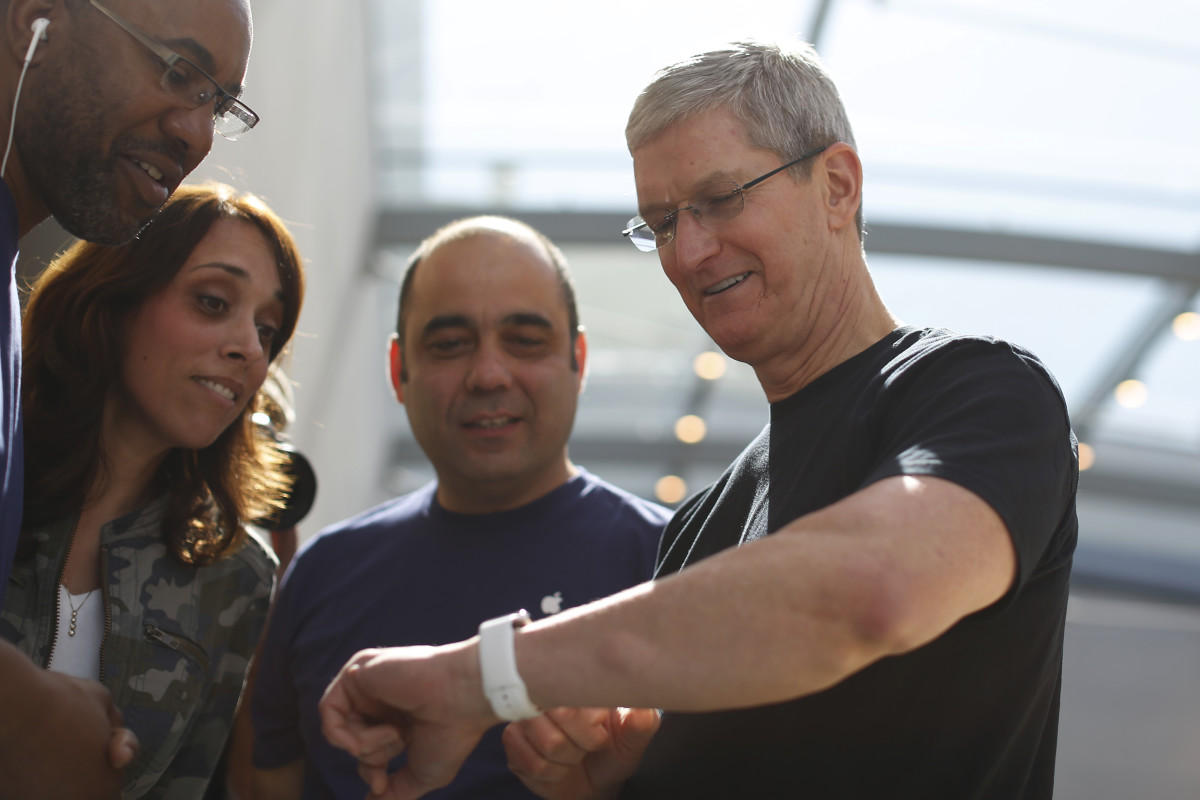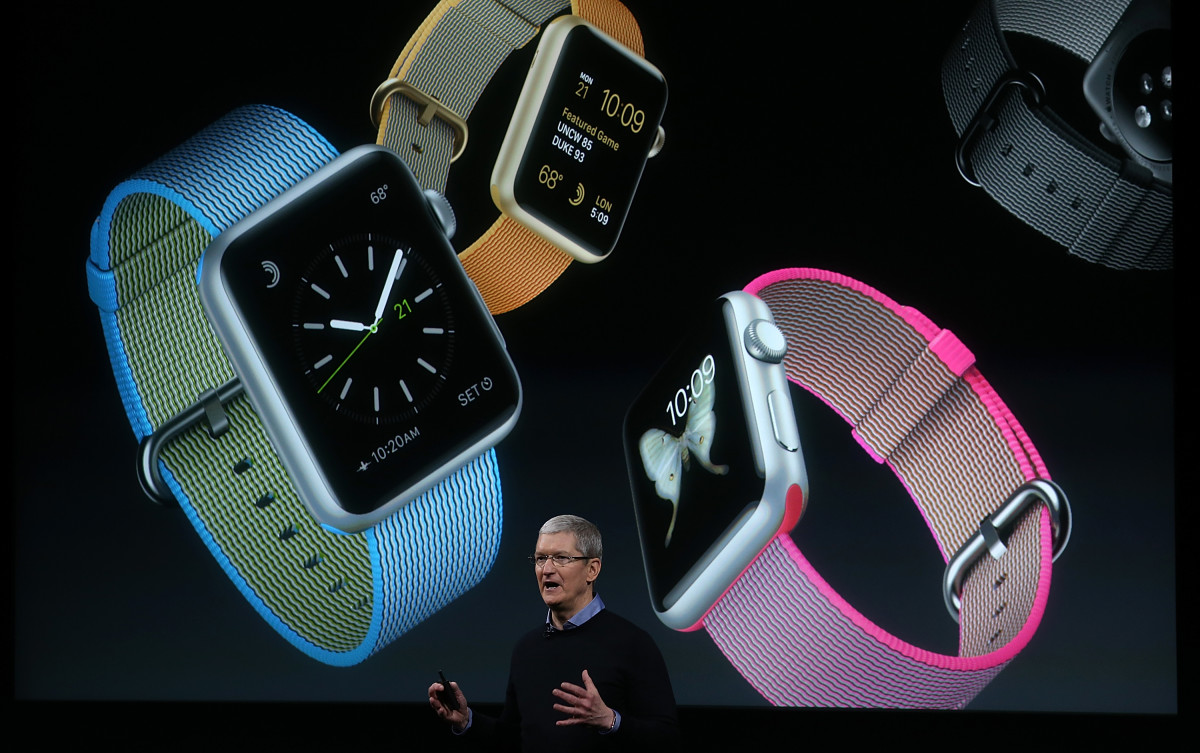
Make no bones about it, Apple (AAPL) -) has high ambitions for its future in the health space.
The $2.8 trillion company has already given us the iPod, the iPad, the iPhone, the iMac, AirPods, watches, and dozens of other gadgets, apps, and ecosystems. And it's just getting warmed up.
Related: Live Updates: The Best Lightning Amazon Prime Day Deals Today, Handpicked by Our Editors
Apple has made no secret about its ambitions in the health and wellness space. What had initially been met by surprise and skepticism is now largely accepted as the tech giant's next frontier; CEO Tim Cook predicts the company's health strides will be its "greatest contribution to mankind."
But the rollout has been slow and clunky. In 2014 Apple released its health app on iOS devices to the confusion of more than a few iPhone users (its purpose is actually to help you organize your health records and information into one place).
In 2015, the Apple Watch was released, which gave us a bevy of fun metrics to play around with. Millions of us now track our heart rate, step count, calories burned in a workout and some more advanced metrics like sleep quality and VO2 max levels.
Its boldest and most recent bet on health has been its 2020 release of Apple Fitness+, which offers premium guided fitness classes on your Apple devices.

Apple's wearable isn't the only game in town
But the Apple Watch isn't the only wellness tracker on the market. Several other companies, including Garmin, FitBit, Whoop, and Oura have gotten in on the action, and it's a tough industry to crack; fitness enthusiasts and data devotees usually swear loyalty to one device and it can be very hard to get them to stray to another.
Apple's competitive moat is — as it always has been — its exclusive ecosystem, which allows OS users to sync all their data and information across devices. You can text, answer phone calls, play music, and — of course — track workouts on the watch.
But the fitness community tends to care less about ecosystems and instead prioritizes hard health data. If you're a CrossFit athlete who trains heavily and regularly, for example, you might be more concerned about your sleep quality and recovery time, as opposed to answering the odd FaceTime from grandma.
And that's where Oura comes in. The (much) smaller Finnish brand offers a sleek band ring wearable that tracks all sorts of interesting data, including respiratory rate, heart rate, the advanced heart rate variability (HRV), activity, blood oxygen levels, and body temperature.
The Oura is getting a long-awaited software update that will give users even more data at — and from — their fingers.
On Tuesday, Oura rolled out several new markers that gives users in-depth perspectives on their daytime stressors.
The feature is called Daytime Stress, and it will measure variables like daytime HRV, heart rate, temperature trends, and accelerometer data.
"A lower-than-usual HRV, for instance, can indicate that your sympathetic nervous system is overworked. Stress might also show up as a faster resting heart rate and higher respiratory rate, indicating a rapid heartbeat and fast, shallow breathing — both of which are features of a stress response," Oura explains.
Oura will also soon offer reflections and resilience features, which is designed to promote mindfulness.
Up until now, many used Oura for its sleep insights. So further guidance on waking hours comes as a much-needed improvement.
Another factor working in Oura's favor is its charge time. Since the rings are much smaller and don't have a screen, they typically only require a weekly charge. Apple Watches, on the other hand, usually need to be charged daily. Oura also just unveiled a new titanium model, less than a month after Apple unveiled its titanium iPhones.
Pricing is about competitive, with Oura Rings starting at $299 and the newest Apple Watch Series 9 GPS starting at $399.







